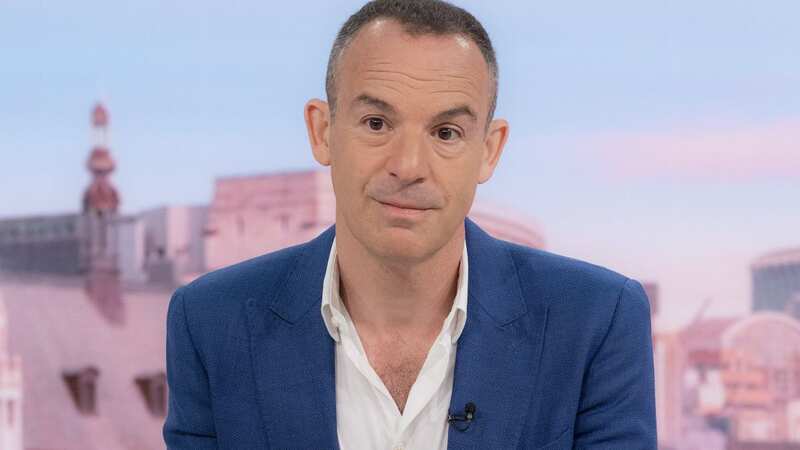Martin Lewis explains 'no brainer' way to undercut new Ofgem energy price cap

Martin Lewis has explained how much less you'll pay for energy after Ofgem announced its new price cap - and a "no brainer" way to cut your costs further.
The price cap will drop by 12.3% from this April. For the typical dual fuel household paying by direct debit, their bill will fall from £1,928 a year to £1,690. But the price cap doesn’t actually set a total limit on how much you can pay for energy.
The price cap sets a limit on the unit price of gas and electricity, as well as the maximum daily standing charge - this means your bill is still based on how much energy you use. The main price cap figure is just illustrative of what someone with average energy usage can expect to pay.
In a post published on X/Twitter this morning, Martin Lewis said: "In a nutshell, for every £100 a direct debit user spends on energy today, they’ll pay £87.70 for it from 1 April. So it’s an improvement, and predictions are it’ll drop again in July, though overall prices are still too expensive, nearly double the price of the cheapest pre-crisis."
Join our Money WhatsApp community for savings tips, top deals and consumer news
 8 money changes coming in February including Universal Credit and passport fees
8 money changes coming in February including Universal Credit and passport fees
Martin also explained how you can beat the price cap by switching to the Eon Next Pledge tariff, which charges roughly 3% less than the price cap for the first year. But to get this tariff, you need to pay by direct debit and have a smart meter. He added: "So if that works for you, and you’re planning to stick on the price cap, it’s a no brainer."
But he predicted switching deals elsewhere may make a huge comeback from April. Ofgem is ending the "Market Stabilisation Charge" which Martin said has "effectively blocked" most firms from offering cheaper switch deals. The MSC means if you switch energy firm, your new supplier must compensate your old one if it’s offering a cheap deal because wholesale rates are cheaper.
However, Ofgem has extended its ban on "acquisition only" tariffs for another year. Martin says this means firms must offer existing customers the same deal as new customers.
Read more similar news:
Comments:
comments powered by Disqus

































